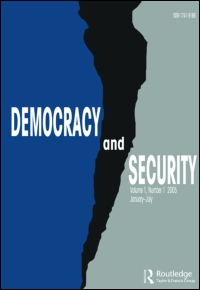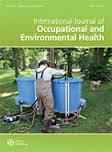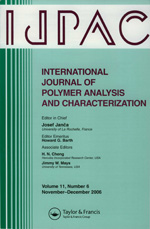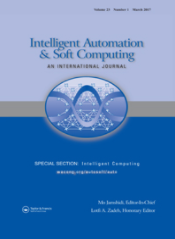 A publisher has retracted all of the papers it published by a researcher in Nigeria, citing plagiarism.
A publisher has retracted all of the papers it published by a researcher in Nigeria, citing plagiarism.
The papers, all about terrorism and gender-based violence, were written by Oluwaseun Bamidele. The journal editors and the publisher, Taylor & Francis, decided to retract nine papers by Bamidele because of the overlap to other works — which he also failed to reference.
Bamidele — who also lost a paper on Boko Haram for the same reason — told us he didn’t learn about what constitutes plagiarism until his graduate studies, after he’d already written the now-retracted manuscripts:
Continue reading Gender-based violence researcher now up to 10 retractions for plagiarism
 A representative of Taylor & Francis has responded to concerns raised by former and current editorial board members of an occupational health journal, after the publisher took some significant actions without consulting the board.
A representative of Taylor & Francis has responded to concerns raised by former and current editorial board members of an occupational health journal, after the publisher took some significant actions without consulting the board.



 A journal has retracted a 2012 paper after the last author was unable to provide material to support the results presented in multiple figures.
A journal has retracted a 2012 paper after the last author was unable to provide material to support the results presented in multiple figures. After a research group submitted two similar papers only days apart to different journals, one journal has retracted the paper — and told the other it should do the same.
After a research group submitted two similar papers only days apart to different journals, one journal has retracted the paper — and told the other it should do the same.